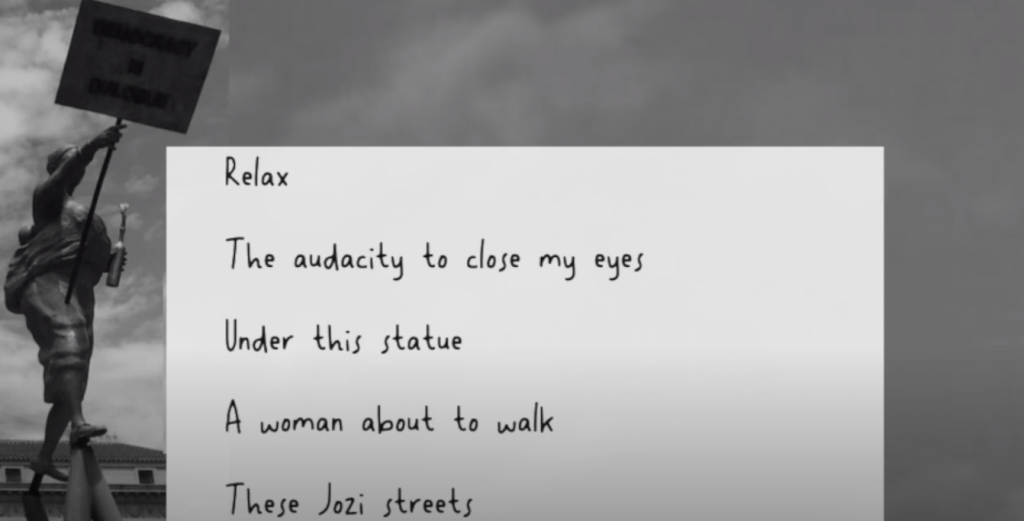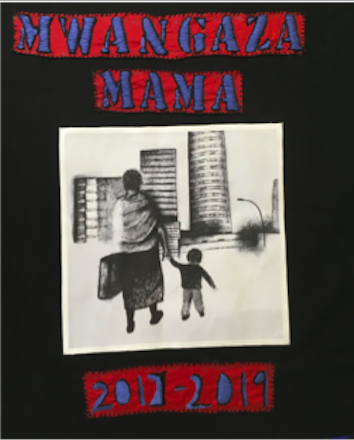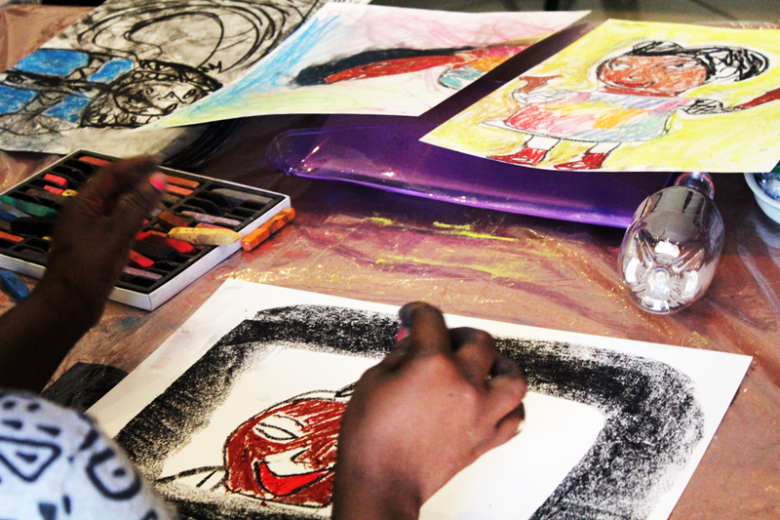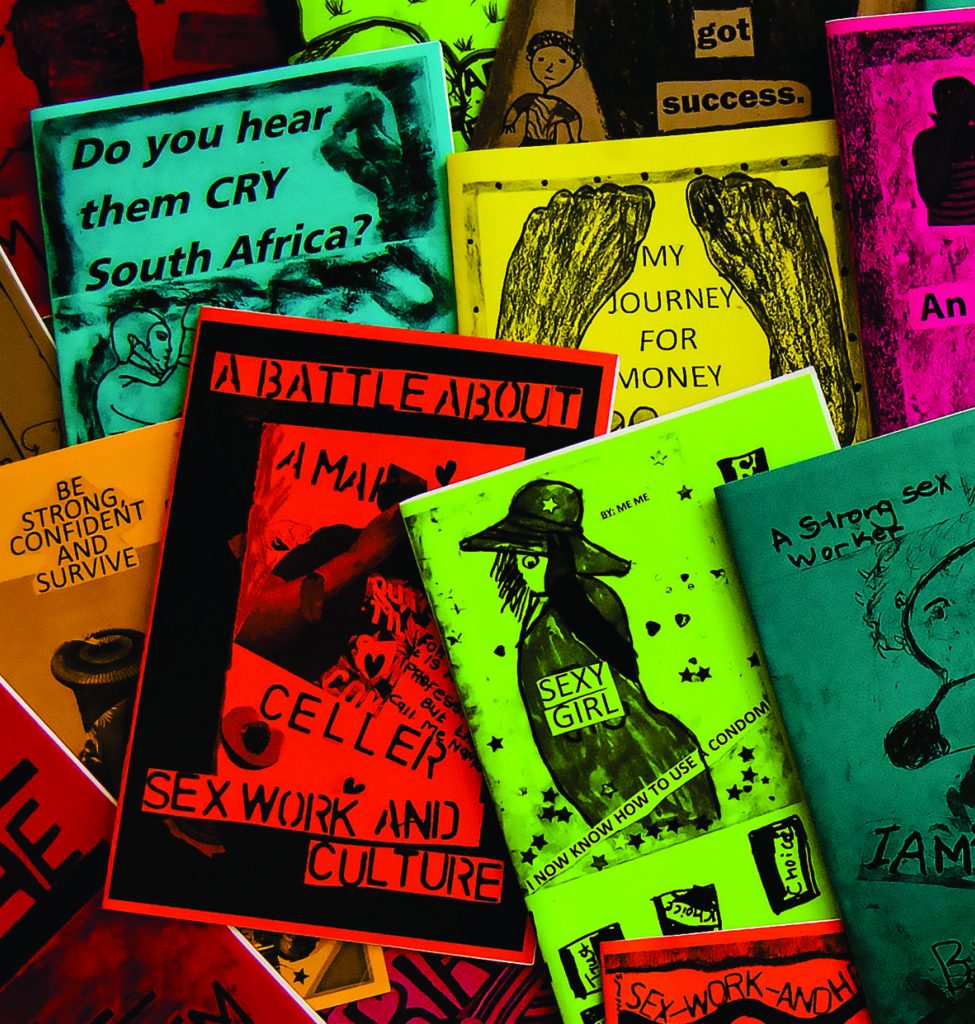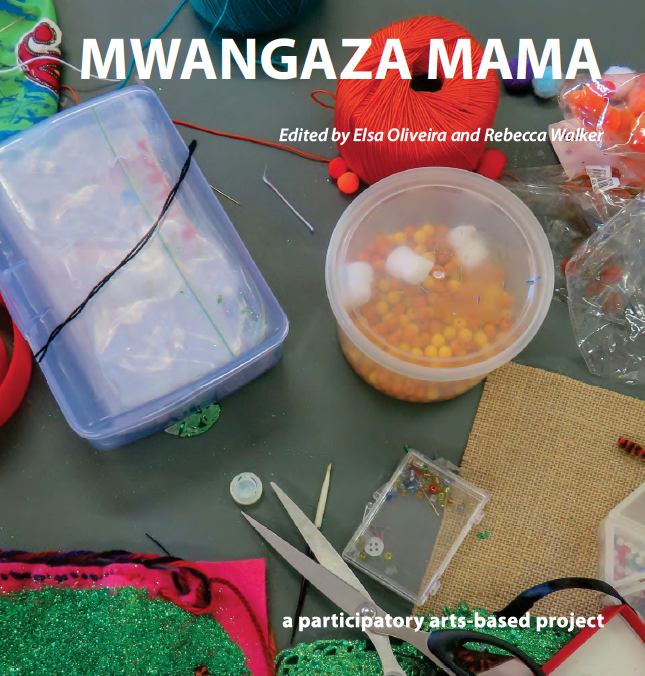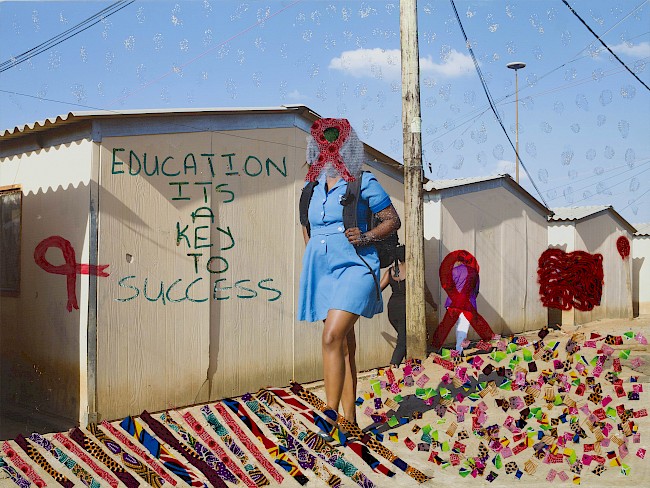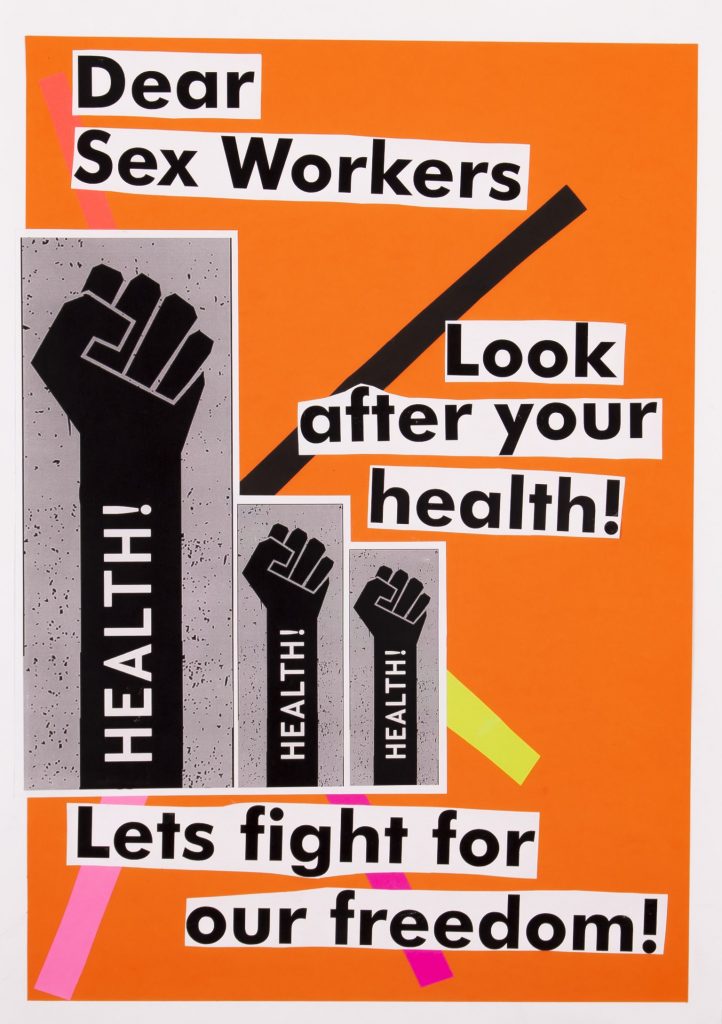Arts-based Research
This theme integrates social action with research, and involves collaboration with migrant participants, existing social movements, qualified facilitators and trainers, and research students engaged in participatory research methods. Research projects include the study and use of visual methods – including photography, narrative writing, participatory theatre, body mapping – and other arts-based approaches in the process of producing, analysing, and disseminating research data. These approaches to research facilitate story-telling and self-study, incorporating various auto ethnographic approaches. Central areas of investigation relate to issues of social justice in relation to migration and health, with a specific focus on sexuality, gender, and policy.




